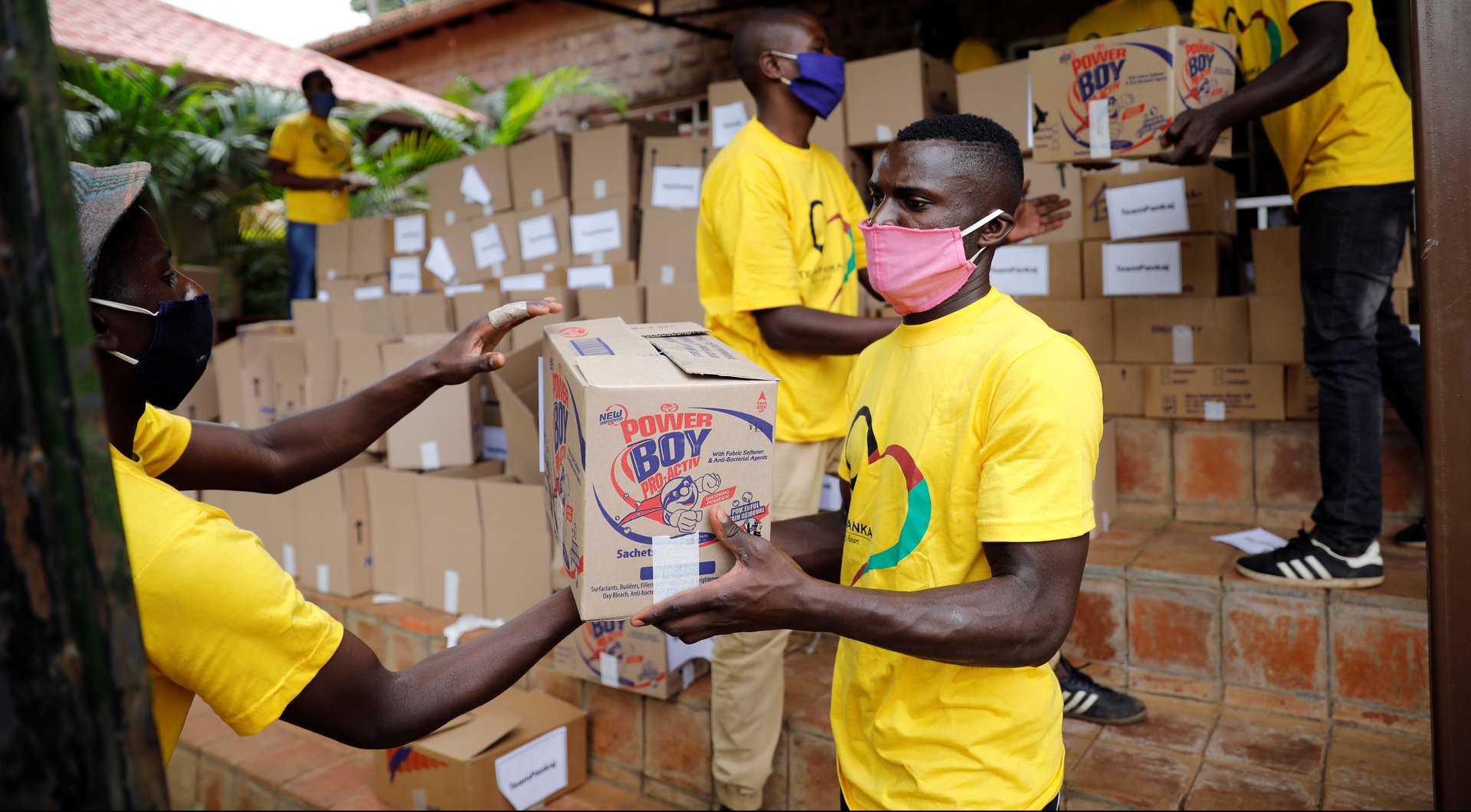The world’s poorest countries need debt relief in the wake of Covid-19
Uncertainty around the economic fallout from the coronavirus pandemic is still in its early days, but already attention is turning to the piles of debt the world’s poorest countries have amassed over the past decade.


Uncertainty around the economic fallout from the coronavirus pandemic is still in its early days, but already attention is turning to the piles of debt the world’s poorest countries have amassed over the past decade.
Since the end of the financial crisis, a low-interest environment meant many low- and middle-income countries were able to stack up debt without much concern for repayments. That made a lot of sense early on for developing nations keen to address their infrastructure deficit. But as international investors came looking for better returns from emerging markets, eurobonds and commodity-linked loans started piling on. On top of that were the Chinese loans, estimated to be more than $140 billion in Africa alone—and a cause for some consternation because of their reported opaqueness.
Africa’s total external debt is $700 billion and its debt service this year alone is $44 billion, so the fear is some of the world’s most under-resourced health systems would suffer with debt repayments being prioritized in the middle of a global pandemic. The World Bank and IMF were early to call for some form of debt relief, perhaps forbearance.
The IMF on Monday approved $500 million in immediate debt service relief to 25 low-income countries, the majority in Africa, but also Afghanistan, Haiti, and a few others. Former Nigerian finance minister Ngozi Okonjo-Iweala, who has been appointed as an African Union special envoy to the G20, says much more is needed, including for some middle-income countries. The latest calls are for all debt service to be stopped for this year for low-income nations.
Africa has been home to some of the world’s fastest-growing economies for the past decade, but a global recession will have a disproportionately harsh impact on many countries and hundreds of millions of people. The spread of Covid-19 might end up being relatively limited—it’s still at just under 19,000 reported cases in a continent of 1.3 billion people—but its economic aftermath will be long-lasting. Relieving debt service will play an important role in preventing even worse outcomes.
This essay was originally published in the weekend edition of the Quartz Daily Brief newsletter. Sign up for it here.